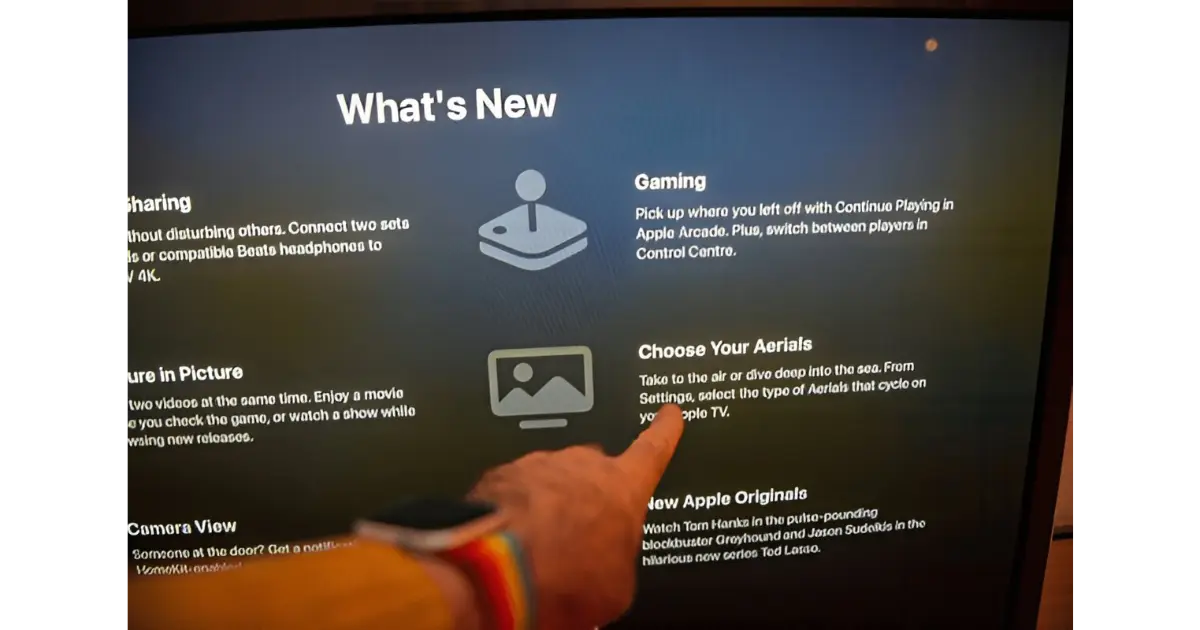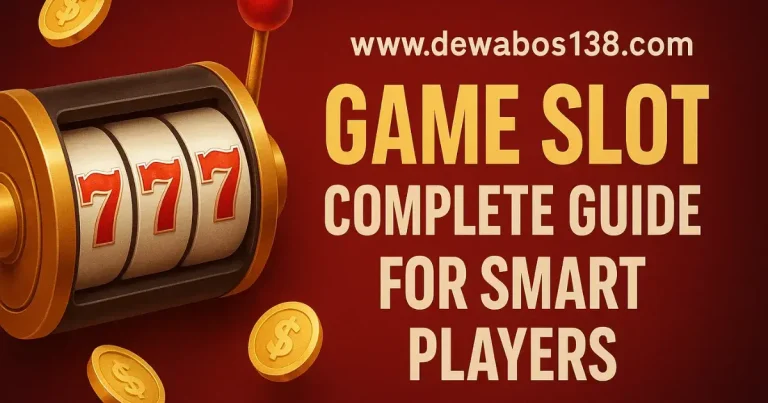
In the ever-evolving landscape of gaming, staying informed about the newest releases, updates, and industry trends is crucial for every enthusiast. FeedGameBuzz serves as your comprehensive source for all gaming-related news, offering timely updates and in-depth analysis that keeps you at the forefront of the gaming world. This article delves into the most recent gaming developments, highlighting significant industry shifts, anticipated releases, and technological advancements that are reshaping how we play and experience games.
The Current State of Gaming Industry
The gaming industry continues its remarkable growth trajectory, with global revenue exceeding expectations in early 2025. Major publishers and indie developers alike are pushing boundaries with innovative gameplay mechanics and storytelling techniques. The convergence of traditional gaming with emerging technologies has created unprecedented opportunities for immersive experiences.
Recent market analysis shows a significant shift toward cross-platform play, with more titles enabling seamless gaming across consoles, PCs, and mobile devices. This integration reflects the industry’s response to players’ demands for flexibility and accessibility, allowing gaming communities to expand beyond traditional platform limitations.
Next-Generation Console Updates
The battle for console supremacy continues with both major manufacturers releasing substantial firmware updates that enhance performance and user experience. The latest system updates for both platforms introduce refreshed user interfaces, improved loading times, and expanded backward compatibility features.
Sony’s recent PS5 Pro firmware update has introduced advanced ray-tracing capabilities and enhanced the console’s AI upscaling technology, allowing older titles to benefit from near-native 4K resolution without significant performance compromises. Meanwhile, Microsoft’s Xbox Series ecosystem has expanded its cloud gaming integration, allowing subscribers to instantly access hundreds of titles without lengthy downloads.
Nintendo has maintained relative silence about its next hardware generation, but industry insiders report the company is focusing on bridging the power gap with competitors while maintaining its unique approach to gaming experiences. Their continued support for the Switch with new first-party titles demonstrates their commitment to the platform’s longevity.
PC Gaming Innovations
The PC gaming space has seen remarkable advancements in hardware capabilities and software optimizations. The latest generation of graphics cards has made 4K gaming at high frame rates accessible to more players, while advancements in processor technology have reduced bottlenecks in CPU-intensive titles.
Operating system developers have introduced gaming-specific features that prioritize resource allocation during gameplay, resulting in more stable performance across various hardware configurations. These optimizations have particularly benefited mid-range systems, allowing more players to enjoy modern titles without investing in premium components.
The continued evolution of game distribution platforms has intensified competition, resulting in more favorable terms for developers and expanded options for consumers. Independent platforms have gained traction by offering unique features and more generous revenue-sharing models, challenging the dominance of established storefronts.
FeedGameBuzz Mobile Gaming Developments
The mobile gaming sector continues its remarkable expansion, with developers implementing console-quality experiences on smartphones and tablets. Advanced mobile processors and improved screen technology have narrowed the gap between mobile and traditional gaming platforms.
Cross-progression features have become increasingly common, allowing players to seamlessly continue their gaming experiences across mobile devices and home consoles or PCs. This integration has been particularly successful in live-service games, where daily engagement across multiple platforms enhances player retention.
The industry has also witnessed a shift in monetization strategies, with more developers adopting battle pass systems and cosmetic-only purchases rather than pay-to-win mechanics. This evolution reflects growing player resistance to predatory monetization and regulatory scrutiny of gambling-adjacent features like loot boxes.
Virtual Reality Breakthroughs
Virtual reality technology has reached a new milestone with the introduction of more accessible headsets that require minimal setup while delivering impressive visual fidelity. The reduction in both cost and technical requirements has expanded the potential audience for VR experiences significantly.
Content creators have responded with more sophisticated titles that leverage VR’s unique capabilities, moving beyond simple tech demonstrations to deliver compelling narratives and gameplay innovations. The medium’s immersive nature has proven particularly effective for horror and simulation genres, where physical presence enhances the emotional impact.
Social VR platforms have evolved into viable spaces for community building and shared experiences, with improved avatar systems and interaction mechanics facilitating more natural communication. These developments position VR as not just a gaming peripheral but as a distinct social platform with unique possibilities.
Augmented Reality Integration
Augmented reality gaming has matured beyond novelty applications to deliver meaningful experiences that blend digital elements with physical environments. Advancements in smartphone camera technology and processing power have enabled more precise environmental mapping and object recognition.
Location-based AR experiences have evolved from the Pokémon GO template to incorporate more sophisticated gameplay mechanics and narrative elements. These titles encourage exploration and physical activity while providing compelling progression systems that sustain long-term engagement.
Wearable AR devices have become more stylish and practical, reducing the social barriers to adoption. As these devices become commonplace, developers are creating experiences designed specifically for hands-free interaction, potentially establishing a new category of ambient gaming.
Indie Game Renaissance
Independent developers continue to push creative boundaries, often pioneering gameplay innovations that are later adopted by larger studios. The accessibility of advanced development tools has democratized game creation, allowing small teams to produce visually impressive and mechanically complex titles.
Crowdfunding platforms and publisher-backed incubators have provided financial stability for promising projects, allowing creators to realize their visions without compromising artistic integrity. This support infrastructure has been particularly valuable for developers exploring niche genres or experimental mechanics that might not appeal to traditional investors.
The indie scene has been especially influential in revitalizing classic genres with modern sensibilities, creating experiences that honor gaming heritage while introducing contemporary conveniences and design practices. This bridge between nostalgia and innovation has resonated strongly with veteran gamers while remaining accessible to newer audiences.
Esports Evolution
The competitive gaming landscape continues to professionalize, with structured leagues adopting formats familiar from traditional sports. This evolution has attracted significant investment from established sports organizations and media companies, further legitimizing esports as mainstream entertainment.
Broadcasting technology has advanced to make competitive matches more accessible and engaging for viewers, with enhanced statistics, player perspectives, and expert analysis enriching the spectator experience. These production values have elevated premier tournaments to the level of major sporting events in terms of presentation quality.
The expansion of collegiate esports programs has created clearer pathways to professional competition, providing structured development opportunities for aspiring players. This institutional support has improved the sustainability of professional careers in competitive gaming, addressing previous concerns about the brevity of players’ careers.
Game Preservation Efforts
The gaming community has increased focus on preserving digital history, with both commercial and nonprofit initiatives working to maintain access to classic titles. Publishers have recognized the commercial potential of their back catalogs, resulting in more comprehensive remaster and re-release programs.
Emulation technology has advanced significantly, allowing more accurate reproduction of original hardware behavior on modern systems. These developments have been particularly important for preserving experiences from platforms that used proprietary technologies or unique input methods.
Museums and academic institutions have expanded their game preservation efforts, recognizing the cultural significance of interactive entertainment. These initiatives document not just the games themselves but the contexts in which they were created and played, preserving a more complete picture of gaming history.
Looking Ahead: Emerging Trends
The integration of machine learning technologies into game development promises to transform both creation and gameplay experiences. Procedural generation systems enhanced by AI can create more cohesive and responsive worlds, while adaptive difficulty systems can provide more personalized challenges.
Cross-media storytelling continues to gain prominence, with successful game franchises expanding into television, film, and literature. These adaptations are increasingly developed with game creators’ involvement, resulting in more faithful translations that respect the source material’s strengths.
The gaming community’s influence on broader culture shows no signs of diminishing, with gaming aesthetics and references becoming commonplace in fashion, music, and visual arts. This cultural integration reflects gaming’s evolution from niche hobby to fundamental aspect of modern entertainment.
Conclusion
The gaming landscape continues its rapid evolution, with technological advancements enabling new experiences while communities shape how these innovations are implemented and received. FeedGameBuzz remains committed to documenting this journey, providing the insights and updates that help you navigate the constantly changing world of gaming. Whether you’re a casual player or dedicated enthusiast, staying connected to reliable sources like FeedGameBuzz ensures you’ll never miss the developments that matter to your gaming experience.
As we move further into 2025, the boundaries between different gaming platforms and entertainment mediums continue to blur, creating a more unified and accessible ecosystem for players worldwide. By staying informed through comprehensive resources like FeedGameBuzz, you can fully appreciate and participate in this exciting period of gaming history.




